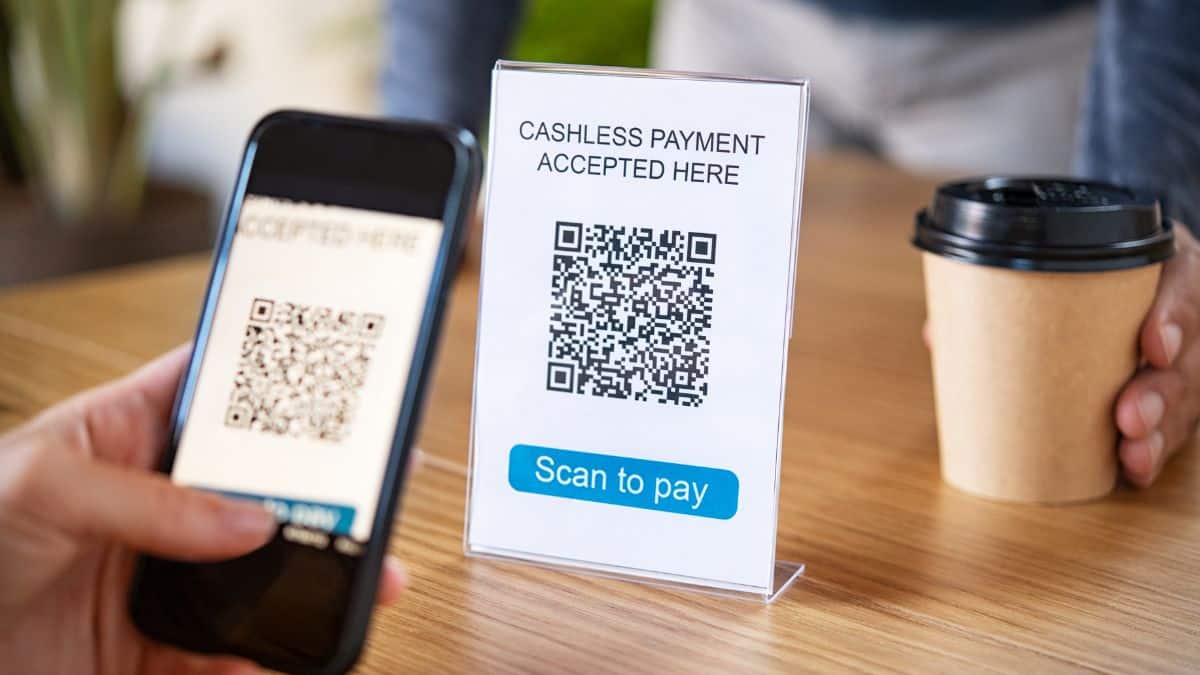HIGHLIGHTS
- RBI Hikes UPI Transaction Limit for tax payments via UPI to Rs 5 lakh.
- This increase simplifies tax payments for taxpayers.
- All of this is to promote online payments & lower dependence on cash.

Are you wondering about the new maximum transaction limit for tax payments via UPI? RBI Hikes UPI Transaction Limit for tax payments to Rs 5 lakh is a remarkable initiative that supports the Digital India plan of the central government.
This increase will help more taxpayers digitally manage their financial responsibilities. The decision is likely to boost digital payments and help in achieving broader financial inclusion targets.
Table of Contents
What is the new maximum transaction limit for tax payments via UPI?
In a major push towards boosting digital transactions and enhancing the area of compliance, the RBI Hikes UPI Transaction Limit for tax payments via UPI from Rs 1 lakh to an increased one-time maximum amount of Rs5 lakhs per transaction.
The news Thursday of an update is designed primarily to help the taxpayers, particularly those who have large payments. The decision is consistent with the RBI’s continuous approach towards reducing cash dependence and facilitating an all-India move toward digital payment systems.
How does the raised limit benefit taxpayers?
Earlier UPI transactions had a limit of Rs 1 lakh, which made it difficult for taxpayers to discharge their tax obligations especially when the scale of tax filing has gone high. Now they can pay everything in single transactions as Ranchi Court Limit has been raised to Rs 5 lakh from small payments of sums.
In a statement, the central bank said its decision is intended to enhance digital payments while reducing dependence on cash. The Reserve Bank of India feels this will encourage more taxpayers to opt for digital mode for making the statutory payments.
What measures is the RBI taking to promote digital transactions?
The Reserve Bank regularly assesses and modifies transaction limits for various applications on the UPI platform. This involves sectors like stock markets, initial public offering signups, debt payments, insurance, healthcare, and schooling.
The RBI Hikes UPI Transaction Limit for many categories such as capital markets, IPO subscriptions, loan collections, insurance, medical, and educational services, among others, according to the Reserve Bank.
Introducing the concept of ‘Delegated Payments’
In addition to the RBI Hikes UPI Transaction Limit, the RBI is examining a new function called ‘Delegated Payments’ within the UPI system. This new feature will allow users to authorize another person to conduct transactions from their UPI account, expanding the opportunities for digital payments in the country.
The RBI announced that ‘Delegated Payments’ will be implemented in UPI, where the primary user can assign a transaction limit for a secondary user on their bank account.
The central bank noted that this new addition is expected to enhance the uptake and usage of digital payments across India. The RBI will soon provide further information about implementing ‘Delegated Payments.’
Improving Clarity and Productivity
RBI Hikes UPI Transaction Limit can enhance transparency and efficiency in financial transactions. The RBI is reducing reliance on cash transactions, often associated with informality and potential leakages, by enabling larger digital payments.
The clear audit trail generated by the digital format of UPI payments enables improved monitoring and oversight of financial activities. This increased level of transparency can assist in enhancing tax adherence, combating financial illegalities, and nurturing stronger confidence in the entire financial system.
Wrap Up
The decision by the RBI Hikes UPI Transaction Limit to Rs 5 lakh per transaction is an important step in the digital payments growth of the country. This effort seeks to provide more convenience to taxpayers, encourage the utilization of digital payment options, and contribute to the overall goals of financial inclusion and transparency.
FAQs
Are international tax payments allowed via UPI?
UPI is mainly used for intra-India transactions right now. Although there have been talks of broadening UPI’s scope to facilitate international payments, it is not today possible to pay your taxes using UPI from outside the country.
Does this also mean the budget for big UPI transactions does not have any security checks?
To make sure all your transactions are safe when using UPI, it has made additions like 2-factor authentication and biometrics through active encryption.
Does the higher limit to tax payments expand across all taxes?
The higher limit is applicable for payment of all kinds of taxes through UPI, Income tax, GST, and any other tax or duty split.


